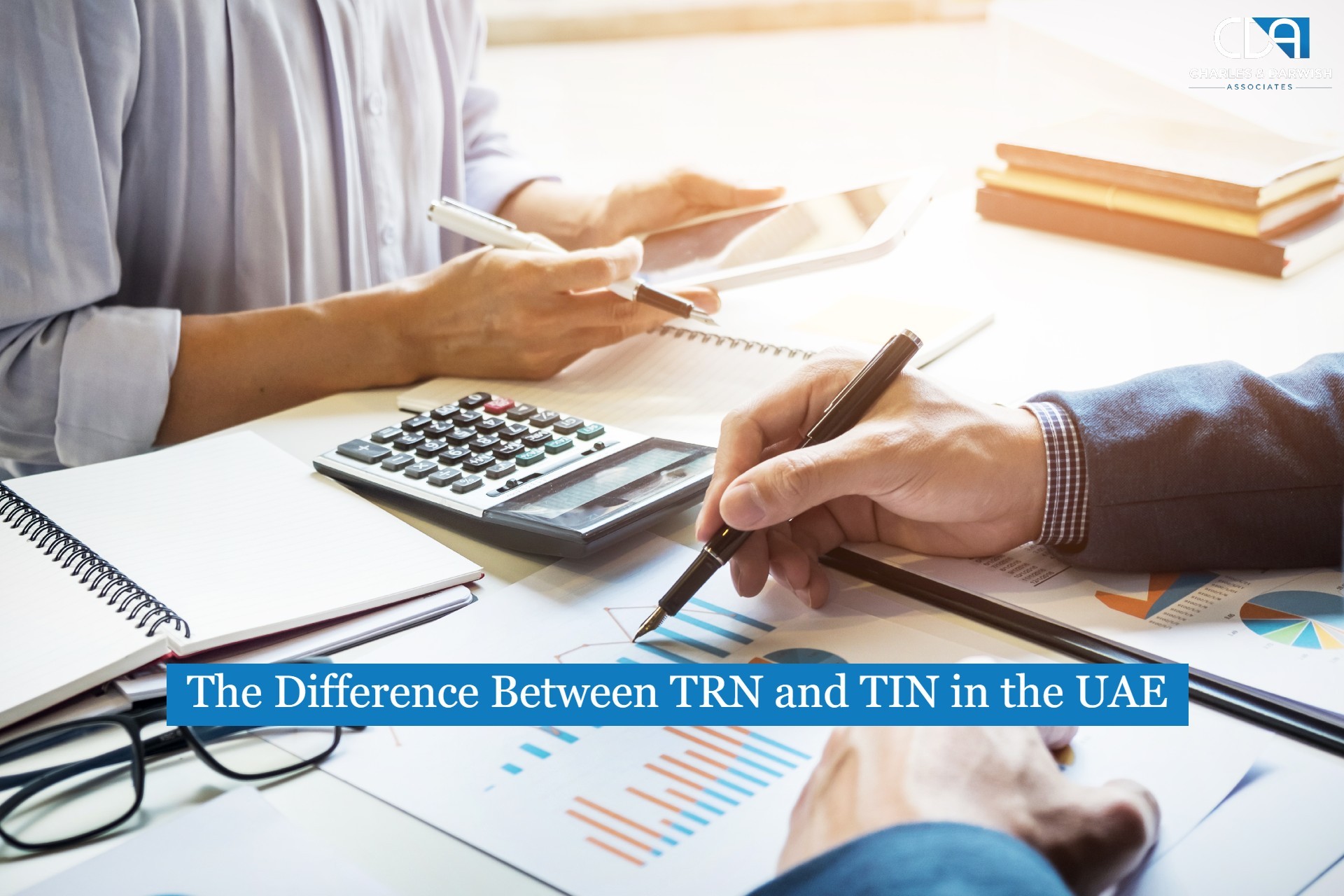Are Unincorporated Partnerships Subject to Corporate Tax?
For all businesses existing in the UAE sphere, things have gotten very real since June 2023, with the introduction of the new Corporate Tax law. This mandate brings in different codes of conduct for different types of businesses in the state.
This has marked out a separate tax arena for businesses that are partnership ventures in the Emirates. Partnership based ventures fall under a different subset of corporate laws. There are different types of partnership ventures- for logical reasons, they have been broadly grouped under local partnerships and foreign partnerships.
The local partnerships can be further classified into Incorporated and Unincorporated Partnerships- wherein lies the tax difference Read ahead to see what we mean.
What Do You Mean by Unincorporated Partnerships?
According to the Corporate Tax Law in the UAE, an unincorporated partnership is-
“It is a relationship established on a contract between 2 or more persons, such as a partnership, trust, or any other similar association of persons, in compliance with the applicable regulation of the state.".
In simpler words, unincorporated partnerships are business arrangements wherein two or more individuals contractually agree to carry out a business venture. Here, the business venture- or partnership, is not seen as a separate legal entity from the partners, which means that the partnership itself cannot be taxed- but the partners can.
Incorporated partnerships do not have this freedom- while the partners are taxed in the partnership for their share, the partnership itself is also taxed as a separate legal entity. In the same scenario, foreign partnerships are also considered unincorporated partnerships by default, provided the partnership matches certain criteria, like- not being subject to tax in the foreign jurisdiction either.
How Exactly Are the Partners Taxed in Unincorporated Partnerships Based In UAE?
In UAE, taxing unincorporated partnership ventures can be slightly tricky- because the partnership itself is not seen as something separate from the partners, but there can be a lot at stake.
For a profit-based scenario, depending on the contract mutually signed between the partners, each partner is liable for a specific amount of the profits earned from the venture.
Suppose one partner is contractually obligated to contribute 55% of the profits earned- this individual is liable to pay taxes based on his percentage of earnings. Similarly, if a partner is subject to 20% or 45% of the profits, he/she is taxed on that percentage of earnings from the venture.
You can also read: UAE Corporate Tax: Determining the Taxable Income for an Unincorporated Partnership
What Does the Taxation Process for Unincorporated Partnerships Look Like?
Unincorporated partnerships can basically be called ‘fiscally transparent’ owing to their being exempt from tax. However, the tax process of the partners involved in the venture is a crucial detail.
-
Partnership Registration and Tax Filing
While unincorporated partnerships are not subject to UAE corporate tax, they are still required to register with the Federal Tax Authority (FTA) and obtain a tax registration number (TRN). Additionally, they are required to file an annual tax return, even if they have no taxable income.
-
Taxation of Partners
Each partner is taxed on their share of the partnership's income, regardless of whether they actually receive their share of the profits. This can be a complex calculation, especially if the partnership has multiple partners or if the partnership's income is derived from different sources.
-
Allocation of Partnership Income
The partnership agreement should specify how the partnership's income will be allocated to each partner. However, if the partnership agreement does not specify how the income will be allocated, or if the partners cannot agree on an allocation method, then the income will be allocated in proportion to their distributive share in the partnership. However, when even that cannot be identified, it will be allocated by the Federal Tax Authority (FTA).
-
Reporting Partnership Income on Individual Tax Returns
Each partner must report their share of the partnership's income on their individual tax return. This can be done using the FTA's e-Services portal.
Compliance Factors Regarding Corporate Tax Law and Unincorporated Partnerships
There are many compliance factors with respect to unincorporated partnerships in the UAE and most of them are parallel to other business forms. However, there are a few factors that unincorporated partnerships especially need to be compliant with:
- Registration with the Federal Tax Authority (FTA): Unincorporated partnerships are not subject to corporate tax, but they are still required to register with the FTA and obtain a tax registration number (TRN).
- Filing an annual tax return: Even if the partnership has no taxable income, it is still required to file an annual tax return.
- Keeping accurate records of income and expenses: This will help you to calculate each partner's tax liability accurately and to comply with the FTA's record-keeping requirements.
- Reporting partnership income on individual tax returns: Each partner must report their share of the partnership's income on their individual tax return.
- Complying with the FTA's transfer pricing rules: If the partnership has any transactions with related parties, it may need to comply with the FTA's transfer pricing rules.
- Retaining tax records for at least 7 years: The firm is required to retain its tax records for at least 7 years and ensure that these are up to date and accurate.
Unincorporated Partnerships are a great business venture to take forward, especially when said business is in its infancy stage. There are a few advantages of being in an unincorporated partnership as well. However, regarding taxation, unincorporated partnerships are a squeaky line.
However, with a steady fiscal consultant, it becomes easy to navigate these waters. If you are in an unincorporated partnership- check out for compliance, and then lock in a great fiscal consultant to help you through the intricate tax processes.
CDA: Your Corporate Tax consultant
CDA being one of the leading and growing accounting and auditing firms along with tax consultancy services, with its experienced team of professionals, can help your firm in UAE to dive into the intricacies of the new Tax regime and identify the regulations applicable to your business and adopt strategies to reduce its tax liabilities. To get the premium tax services, contact our team now.

Mark Thompson
Full-stack Developer, Blogger, and Tech Enthusiast.
Mark specializes in digital marketing, SEO, and content strategy.













